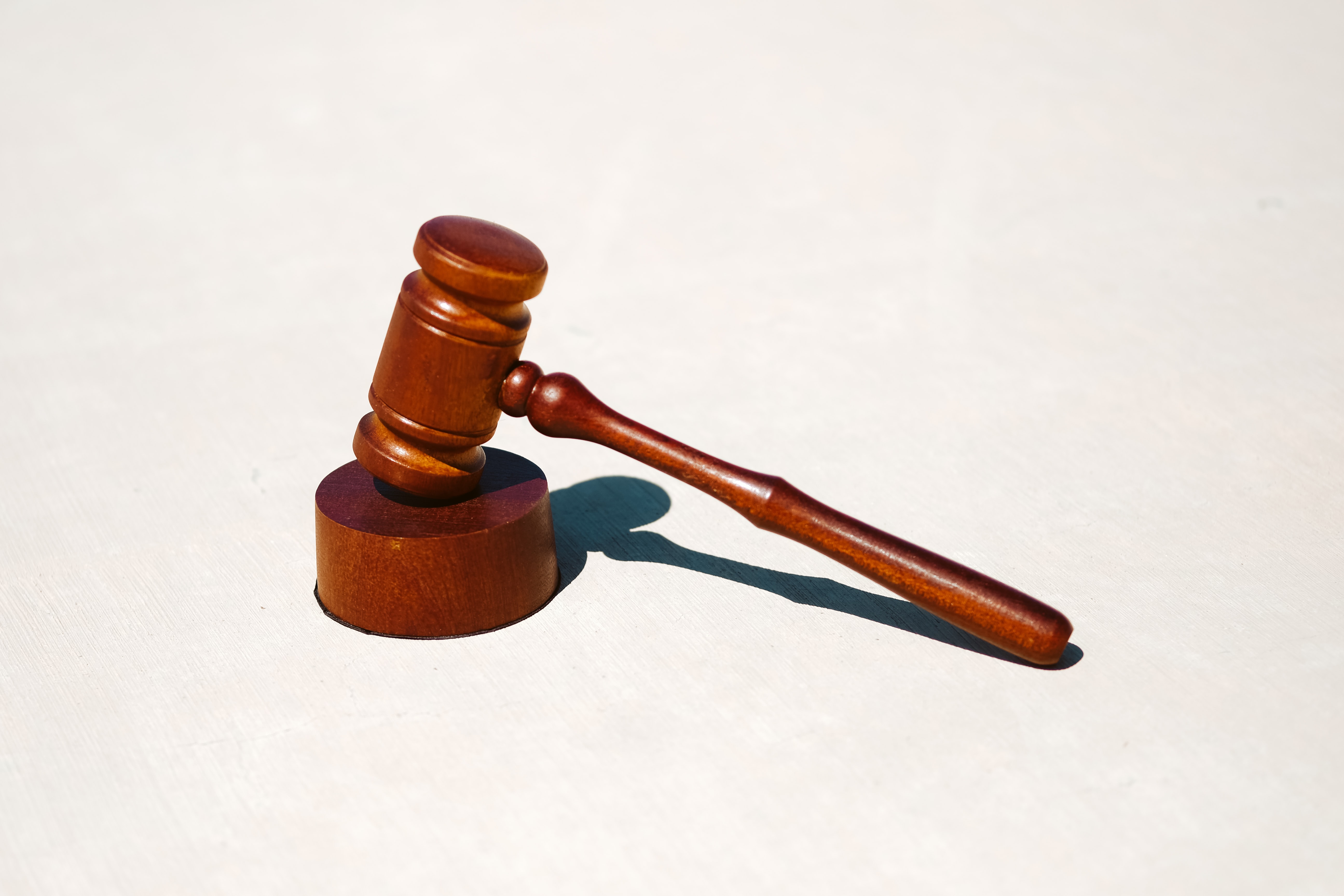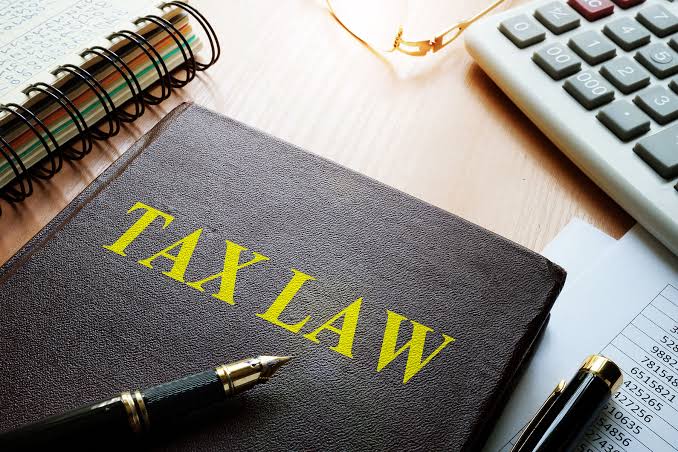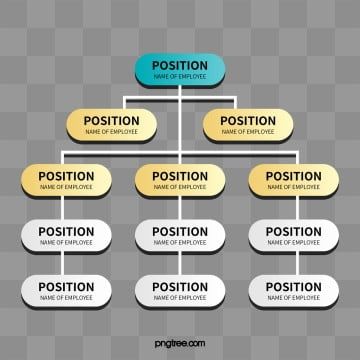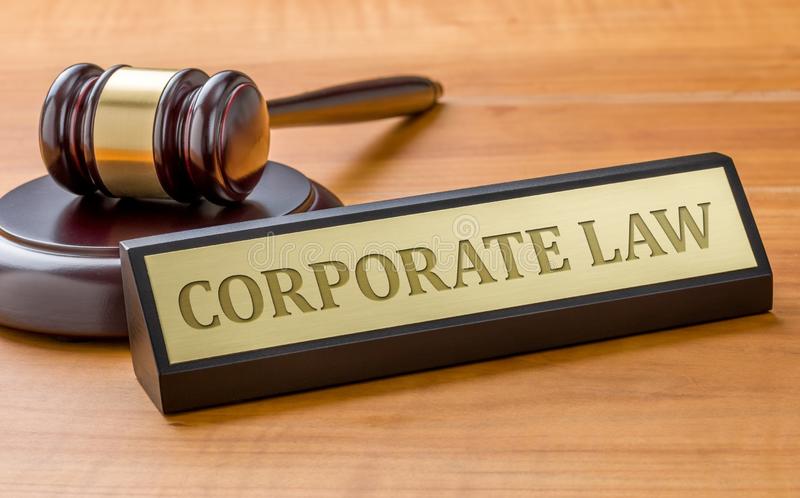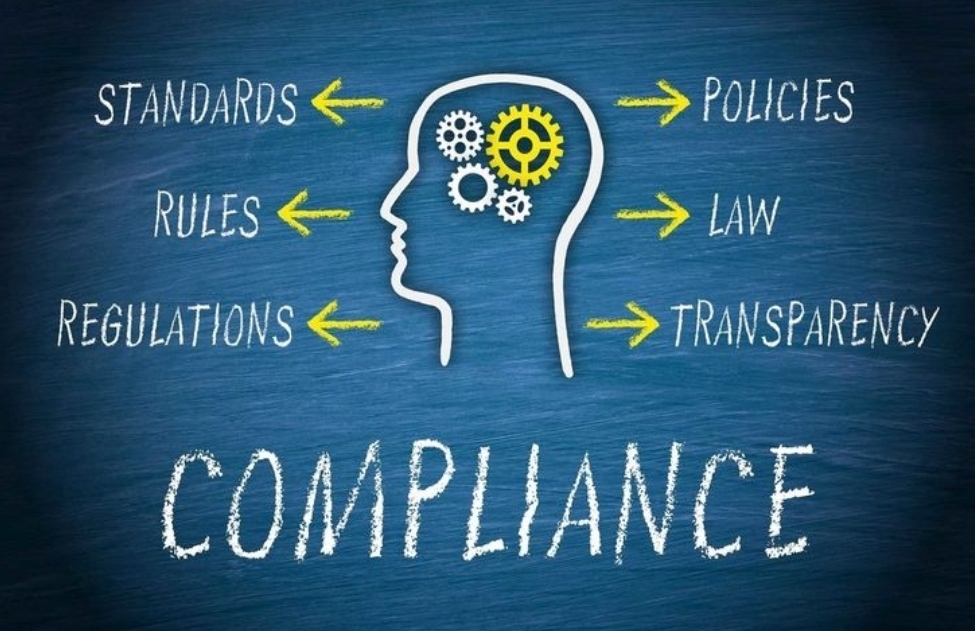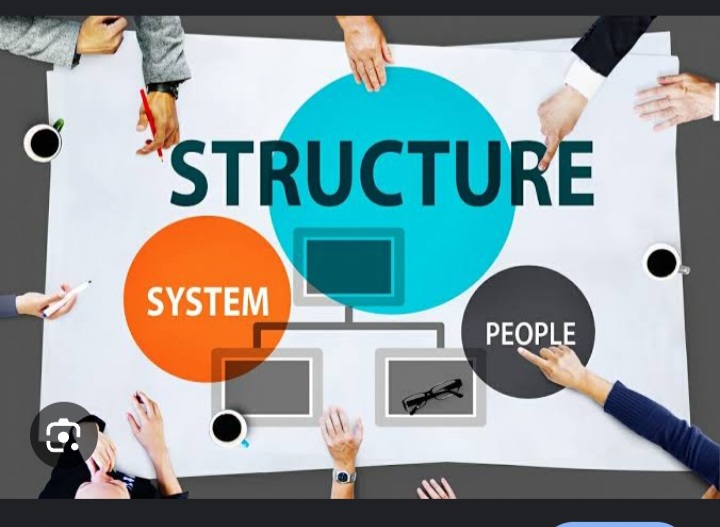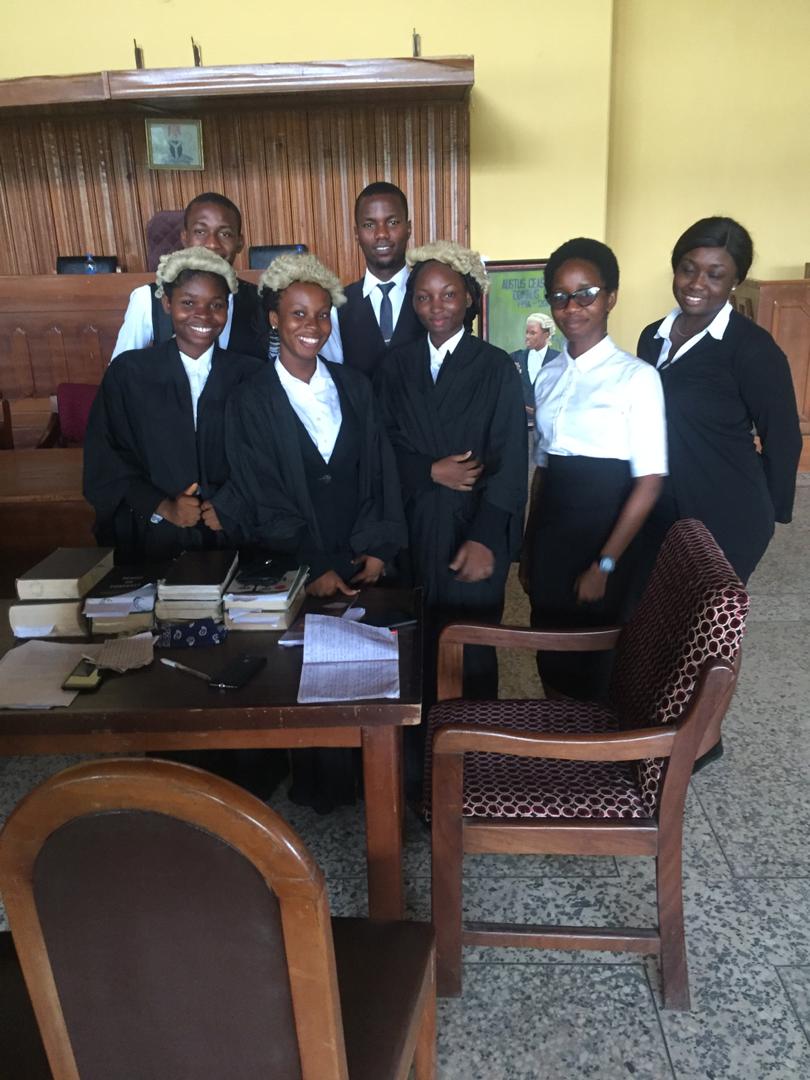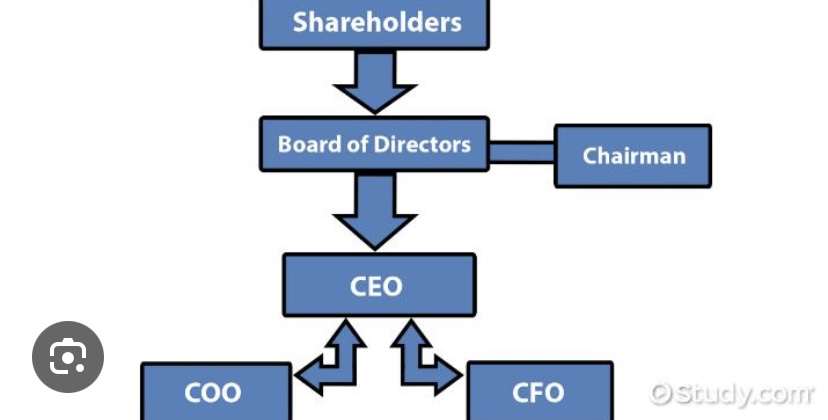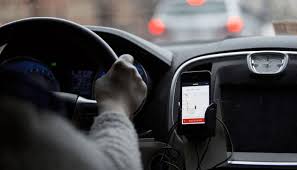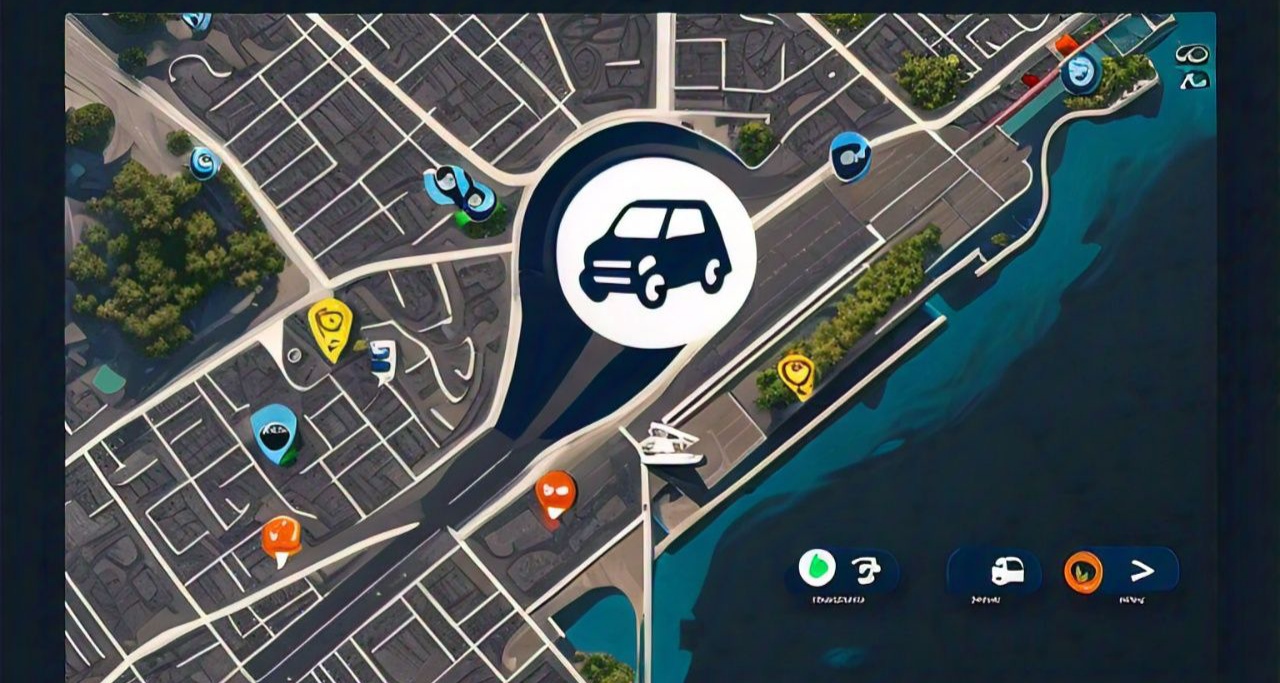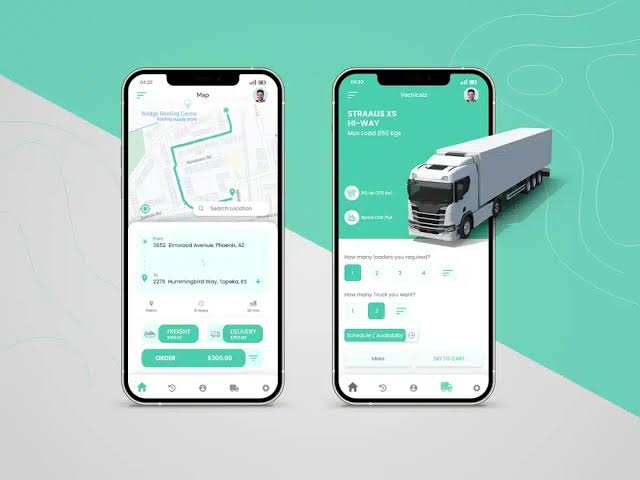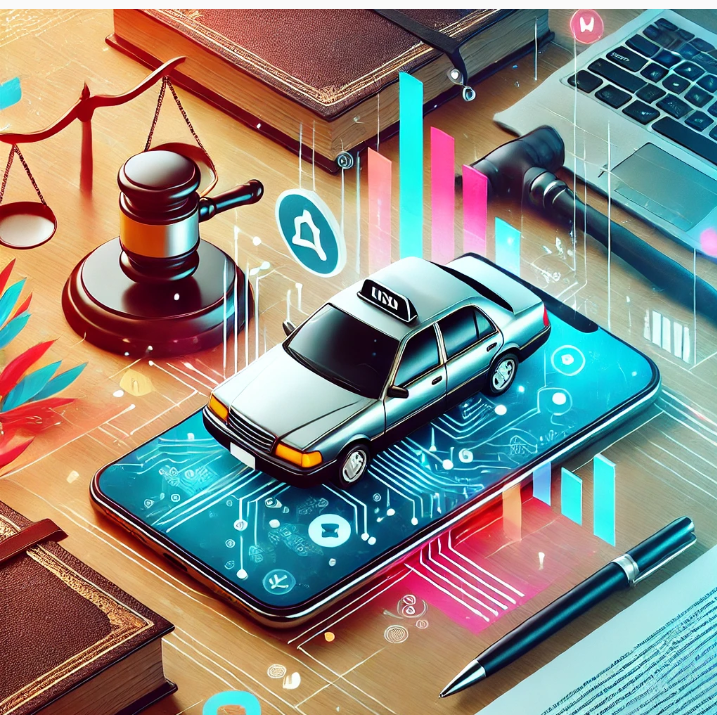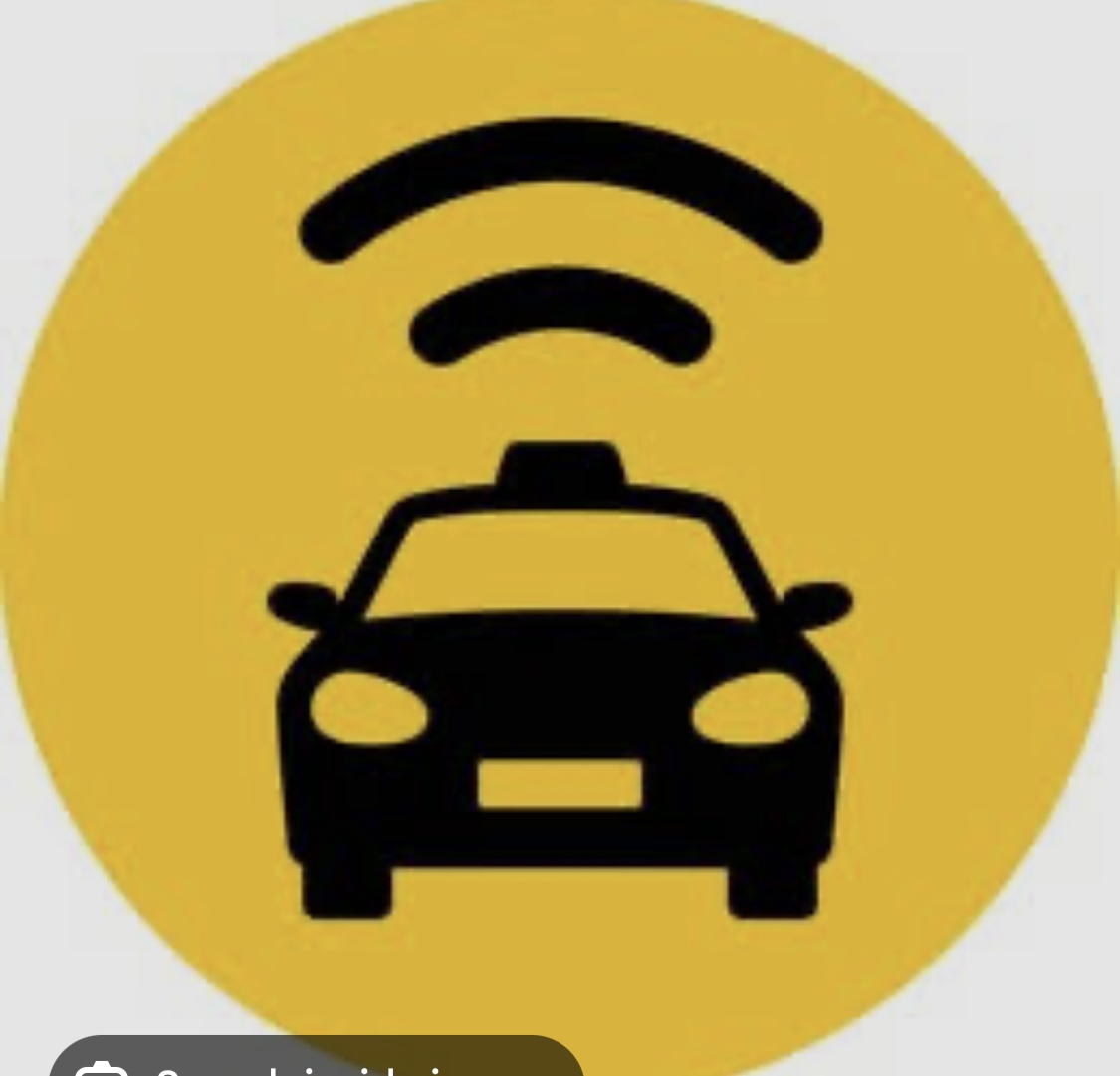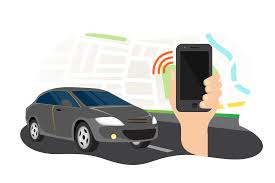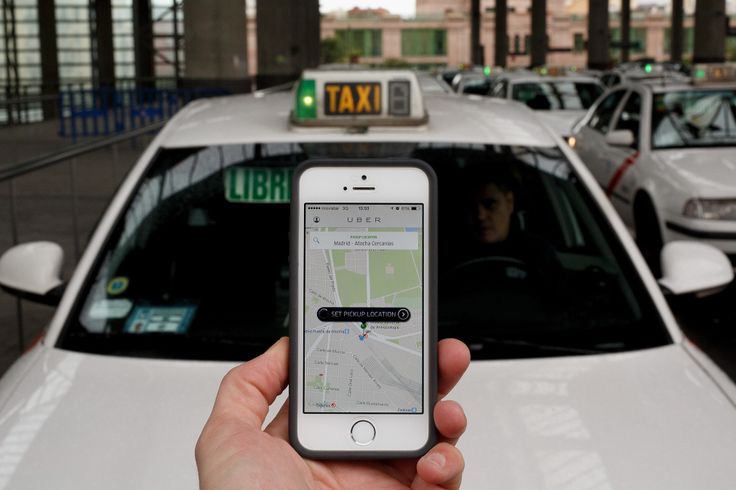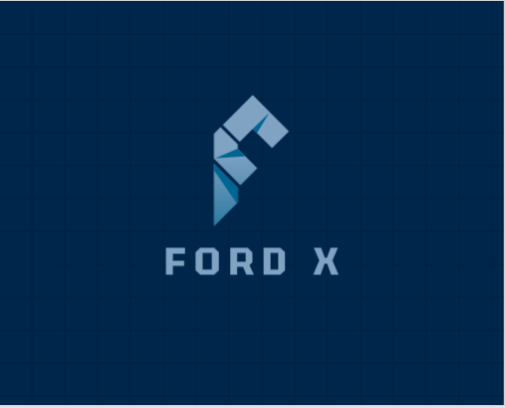
STARTING A RIDE-HAILING TECH STARTUP IN NIGERIA: A LEGAL GUIDE
A ride hailing service is simply one that seeks to match drivers with customers, through the use of an online platform. This is to facilitate or enable customers to easily hire drivers to reach their destination so as to improve urban transportation and the creation of jobs for drivers.[ ScienceDirect ‘Ride-Hailing’ https://www.sciencedirect.com/topics/social-sciences/ride-hailing#:~:text=Ride%2Dhailing%20is%20defined%20as,providing%20job%20opportunities%20for%20drivers. accessed 9 September, 2024] The purpose of this article is to shed more light on how a ride-hailing tech startup in Nigeria. To achieve this focus would be drawn to the most suitable structure for the startup, the legal requirements and regulations the start-up most comply with and the potential challenges and risks the company is to take note of.
Thus taking into account the above focal points, our guide would be structured based on these points so as to give a legal overview and guide to our clients.
BUSSINESS STRUCTURE
The proposed start up would be best served with a business structure based of a private company, which in most cases is titled as a company limited by share (LLC). The Nigerian law per the Company and Allied Matters Act 2020, section 22, recognizes the structure of a private company as it states ‘Private company is one which is stated in its memorandum of association to be a private company.’. Thus, for this business structure to validly take effect, the members of the company must expressly state this proposes structure in the memorandum of association of the company.
A private company under the law, is required to comply with certain provisions or face sanctions from the law, these duties imposed on private companies include not inviting the public to subscribe for any share or debenture of the company or inviting the public to deposit money for a fixed period or payable at call.[ Companies and Allied Matters Act 2020, section 22(5)] Where a private company fails to comply with these provisions, the company shall cease to be entitled to the privileges and exemptions conferred on private companies by or under the act.[ Companies and Allied Matters Act 2020, sections 23(1)]
The business structure would further take the form of an incorporated company limited by shares, this structure would seek to limit the liability of the members in the event of bankruptcy. The liability of the members are limited via the use of the company’s memorandum of association[ Companies and Allied Matters Act 2020 sections 21] thus, such a company would be referred to as a company limited by shares and the name of such a company shall end with the word ‘Limited’ and they may make use of the abbreviation ‘Ltd’[ Companies and Allied Matters Act 2020, section 29]
LEGAL REQUIREMENT AND REGULATION
The formation of a company require the compliance with all relevant legal framework so as to avoid the risk of sanctions, fines and penalty. Each company or startup are regulated by general regulations and statues which apply to all companies, however there are sector specific regulations and statues which guide the companies in that specific sector. There are also overlapping regulations or statues that come into play due to the nature of business carried out by that company.
For a ride-hailing tech startup, there a plethora of statutes which the promoters and members would be required to comply with. These regulations include the following;
1.Company and Allied Matters Act, 2020
2.Nigeria Data Protection Act, 2023
3.Nigeria Data Protection Regulation, 2019
4.Company Income Tax
5.Federal Competition and Consumer Protection Act, 2018
COMPANY AND ALLIED MATTERS ACT, 2020
This Act lays down the requirements with which the formation of a company is possible, it states the classes of persons capable of forming, the required documents to be submitted upon registration and the number of persons permitted to form a company.
Section 18 of the Act provides that two or more persons may form and incorporate a company, provided the requirements in the Act are met. More importantly, for the incorporation of a private company the law permits one (1) person to form a company provided the requirements are complied with.[ Section 18(2)] moving forward, the Act further highlights the classes of persons incapable of forming a company, these class of persons include;
A person less than 18 years of age;
A person of unsound mind;
An undischarged bankrupt;
A body corporate in liquidation.[ Section 20]
The Law further notes that a private company shall comprise of a certain number of members namely 50 persons, these foes not include individuals who are bona fide in the employment of the company.[ Section 22(3)] importantly, the law further provides for what the content of the company’s memorandum of association should look like, the law gives certain requirements which include;
The required minimum issued share capital for a private company shall not be less than N100,000
The company type must be expressly stated in the Memo;
The business to be carried out by the company must be clearly stated.[ Section 27]
With regards the formation and incorporation of this company, sections 36-42 specifically deals with the registration of companies. These sections note the documents to be submitted to the Corporate affairs Commission (CAC). These documents range from;
The Memorandum of association
Statement of capital and initial shareholdings
Statement of Proposed Directors
Statement of Compliance
Upon the completion and submission of these documents, the CAC would ensure the registration of the said company, provided that all requirements are met. The above are but a few provisions that serve as a guideline to private companies and compliance further ensures safety from penalties and sanctions.
NIGERIA DATA PROTECTION ACT, 2023
a relatively new piece of legislation targeted at the protection of citizens data, thus it sets out how such data should be handled and processed so as to avoid a breach of privacy and to also state what constitutes a breach of data and the available remedies and penalties in the event of a breach. The provisions of this Act are very crucial to the start and the subsequent running of the drive-hailing tech start up, this is due to the fact that the company will make use and process data gotten from both driver and passenger.
The law provides certain obligations required of data controllers which the Act defines as ‘an individual, private entity, public Commission, agency or any other body who, alone or jointly with others, determines the purposes and means of processing of personal data.’.[ Nigeria Data Protection Act 2023, section 65] The obligations set out by the Act are as follows;
Compliance with data processing principles which are fairness, legitimate purpose and accuracy. Most importantly the respect of the data subjects( citizens) rights
Assists the data processor in the fulfillment of its duties
Take the necessary steps to ensure the security and confidentiality of the data collected
Assists the data processor to comply with the provisions of the Act.[ Nigeria Data Protection Act 2023, section 29(1)]
Furthermore, more obligations are placed upon a data controller and processor in ensuring the security of the personal data in their custody, the protection shall include protection from loss, misuse, alteration and unauthorized disclosure and access. The Act goes on further to list out approved measures with which these personal data may be protected, these measures include the encryption of personal data, use of pseudonyms etc[ Nigeria Data Protection Act 2023, section 39]
It is also important to note that the Act works closely together with the regulation which came in force prior the enactment of the Act. This regulation is known as the Nigeria Data Protection Regulation.
NIGERIA DATA PROTECTION REGULATION
The regulation just like the Act gives certain obligations to the data controllers/processors to perform so as to enable the commission create a safer data network within the country. These obligations include the following;
Within 12 months of incorporation, the data processor/controllers shall conduct a data protection audit on an annual basis
Design and maintain systems to be data protection compliant
Notify the Agency of any personal data breaches within 72 hours
Create a process with which data subjects would be informed and the protection of their rights further protected.[ Nigeria Data Protection Regulation, article 3.2 ]
These obligations above are the few highlighted from the regulation, but these prominently apply to the start of a tech hail-riding company.
COMPANY INCOME ACT
Every company incorporated in Nigeria is mandated to pay tax on their income/profit realized for that year. The provisions of this legislation are very important to the registration of a tech startup so as to ensure tax compliance and prevent tax evasion which would amount to a criminal offence. For the purpose of easy identification, the Act has mandated that the incorporation number of a company be displayed on all the companies documents, statements and returns used in all business transactions with other entities.[ Company Income Tax, section 10]
The Act further notes that the profits of a Nigerian company shall be deemed to accrue in Nigeria wherever they have arisen and whether or not they have been brought into or received in Nigeria, it further notes that if the company has a fixed base of business in Nigeria to the extent that the profit is attributable to the fixed base such profit shall be taxable.[ Company Income Tax, section 13]
FEDERAL COMPETITON AND CONSUMER PROTECTION ACT, 2018
This legislation is the apex legislation with regards to consumer and competition protection in Nigeria, it aims to ensure an even playing field in all sectors of commerce in the economy, curbing unfair market practices via investigation, sanctions and prosecution.
The tech startup in their business will be dealing majorly with consumers and as such must comply with the provisions of this act as it stipulates how an ideal consumer and company relationship should be. With regards to a ride-hailing services, the Act states that A consumer shall have the right to cancel any advance booking, reservation or order for any goods or services, subject to a reasonable charge for cancellation of the order. With regards the charge to be imposed upon cancellation, the Act mandates that it remains reasonable and fair. It further goes on to give grounds upon which the charge is to be determined.[ Federal Competition and Consumer Protections Act 2018, section 120]
The Act further provides a general standard for which goods and services are to be marketed to consumers, it notes that such goods or services should not be marketed in a manner that is likely to imply a false representation, misleading, erroneous or fraudulent.[ Federal Competition and Consumer Protection Act 2018, section 123] Furthermore, the Act prohibits the use of unfair, unreasonable and unjust contract terms in the course of business, the Act goes on to state the terms which would be considered unfair in the course of business, these terms include terms adverse to the consumer or terms excessively one sided in favor of any person other than he consumer[ Federal Competition and Consumer Protection Act 2018, section 127]
Lastly, the Act further purports to nullify any transaction or agreement that seeks to defeat the purpose and policy of its provisions, the nullification takes effect regardless if these transactions or agreements expressly or indirectly enable the undertaking (company) from fulfilling its obligations, waive a consumer of a right set out in the Act and set aside or override the effect of any provision of this Act.[ Federal Competition and Consumer Protection Act 2018, section 129]
For this purpose of this discuss, these are few relevant sections highlighted however this does not nullify or invalidate other provisions in the Act which the startup is required to comply with.
INTELLECTUAL PROPERTY PROTECTION
Intellectual property is simply defined as the creation of the mind, these creations include and range from inventions, literary and artistic works, designs and symbols.[ WIPO ‘What is Intellectual Property’ hhttps://www.wipo.int/about-ip/en/ accessed 11 September 2024] The need to evolve over time as humans, has led to the creation of certain inventions, more importantly there is a need to protect these inventions and to prevent others from stealing or claiming the work for themselves. This then leads us to the concept of intellectual property protection, the start up in their course of business would be making use of an application software to provide drivers for potential passengers.
The application software, would fall under the protection of Patents under the Intellectual property laws of Nigeria. The government issues a patent upon an application stating the extent of intellectual property owned and sought to be protected, the Patent law cover for inventions ranging from machine, computer gadgets and software, however to qualify for a patent which serves to protect new inventions, certain requirements must be met, these include
It must either be a new/novel invention, or it is an improvement on an invention that has already been given a patent;
It must be a result of an inventive Activity;
It must have an industrial application.[ Patent and Designs Act 2004, section 1]
Upon the grant of the patent, the holder of the patent is bestowed the exclusive right to exclude others from dealing with his invention without his permission. The right to a patent concerning an invention is vested in a person known as the statutory inventor.[ Patent and Designs Act 2004, section 2] The statutory inventor is the person who, whether or not he is the true inventor, is the first to file or validly claim a foreign priority for a patent application regarding the invention.[ The Trusted Advisor ‘Right To Patent Software-Based Inventions’ (Mondaq, 29 March, 2023) https://www.mondaq.com/nigeria/patent/1298824/right-to-patent-software-based-inventions#:~:text=Under%20Nigerian%20law%2C%20copyright%20protects,is%20where%20patents%20come%20in. accessed 11 September 2024]
Under Nigerian law, copyright protects computer programs as literary works but does not protect the functional elements of the software. This is where patents come in. Section 6(1)(b) of the Patents and Designs Act provides that a patent can be granted in respect of a process, and the patentee has the right to preclude any other person from applying the procedure in respect of a product obtained directly using the method. Accordingly, the functional elements of software can be registered as a patented process.[ ibid]
To further protect the companies intellectual property, the company is to enter Non-disclosure agreements with its employees so as to prevent them from sharing the company’s trade secret. These NDAs are to be entered into by way of contract such that it would bind the employee from disclosing the secrets during and after the determination of their employment.[ Unini Chioma ‘Laws Regulating Intellectual Property In Nigera’ (The Nigeira Lawyer, 12 March, 2023) https://thenigerialawyer.com/laws-regulating-intellectual-property-in-nigeria/#_ftn1 accessed 11 September 2024]
POTENTIAL CHALLENGES AND RISKS
The startup is bound to face many challenges ranging from economic ones to societal ones. These challenges arise as a result of varying factors which negatively affect the rise and start of companies. These challenges include the following;
Regulatory challenges and policy changes which make the start, registration and incorporation of the company difficult. These policy changes could further negatively affect the potential markets the company seeks to break into. An example was the company named “Gokada” which was negatively affected by the Lagos state governments ban on motorcycles popularly known as “okada”
Security and safety concerns for both driver and passenger, with the steady rise of insecurity in the country the lives of both driver and passenger are at risk as both could be losted due to an atack on the highway. Also the poor road conditions are also a concern as they could lead to accidents which could potentially lead to the loss of lives.
The application intended to be used could suffer from technical issues every now and then which could hamper the running of the business. Furthermore , the application could be negatively used in such a way that would hamper the flow of business. An example was the misuse of the popular Bolt app by both Nigerians and South Africans.
NECESSAARY LICENSE AND PERMITS
for the smooth running of the business and for the sake of regulatory compliance, the company is expected to get the necessary permits and license that would allow the company carry on its business in that particular sector. These licenses and permits include the following
Certificate of Incorporation: this is given pursuant to section 41(6) which states that the certificate on incorporation shall be prima facie evidence that all the requirements of CAMA in respect of registration have been complied with.[ Companies and Allied Matters Act 2020]
A tax clearance certificate from the Federal Inland Revenue
CONCLUSION
In conclusion, registering and complying with regulations is crucial for a startup in Nigeria, as registering with the relevant authority such as the CAC and complying with regulations such as the Federal Competition and Consumer Protection Act and Companies Income Tax ensure that a smooth start of operations for the members of the company. The protection of their intellectual property and obtainment of the necessary license and permit further facilitates the running of the business.

